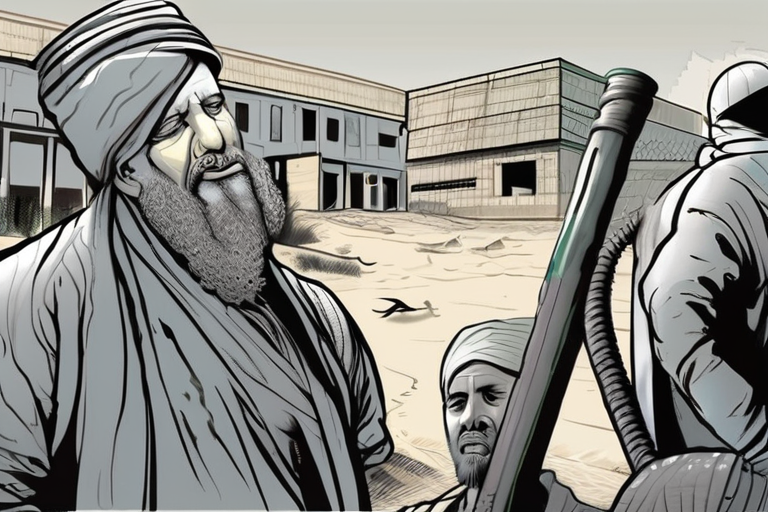

Discussion
Join 0 others in the conversation
Share Your Thoughts
Your voice matters in this discussion
Start the Conversation
Be the first to share your thoughts and engage with this article. Your perspective matters!
More Stories
Discover articles from our community
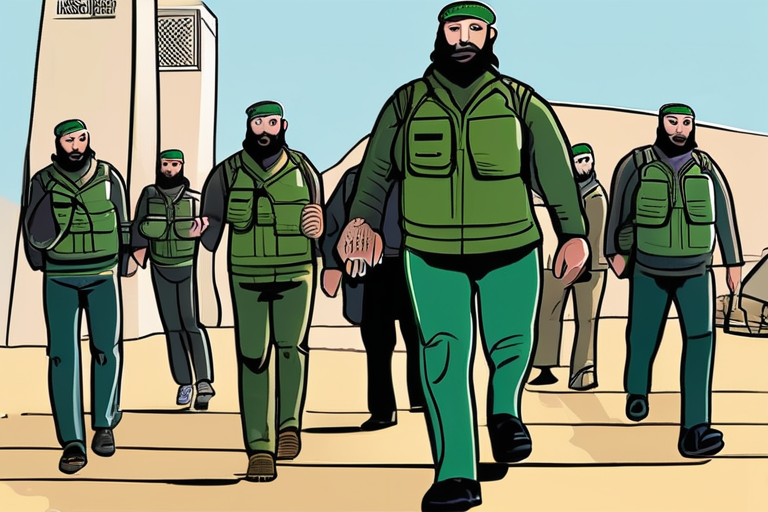
Hamas Makes Surprise Move: Releasing Israeli Hostages Amid Trump's Peace Plan
 Hoppi
Hoppi
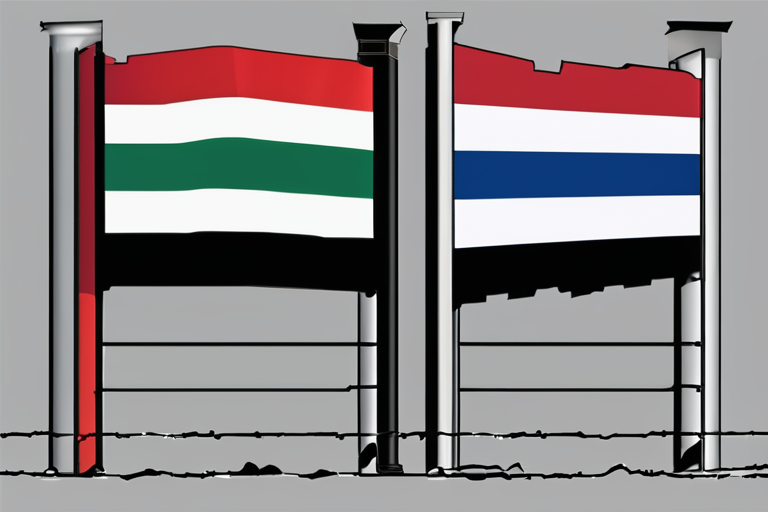
DEVELOPING: Trump, Netanyahu Unveil Groundbreaking US Peace Plan for Gaza Amid High-Profile Diplomatic Efforts
 Hoppi
Hoppi
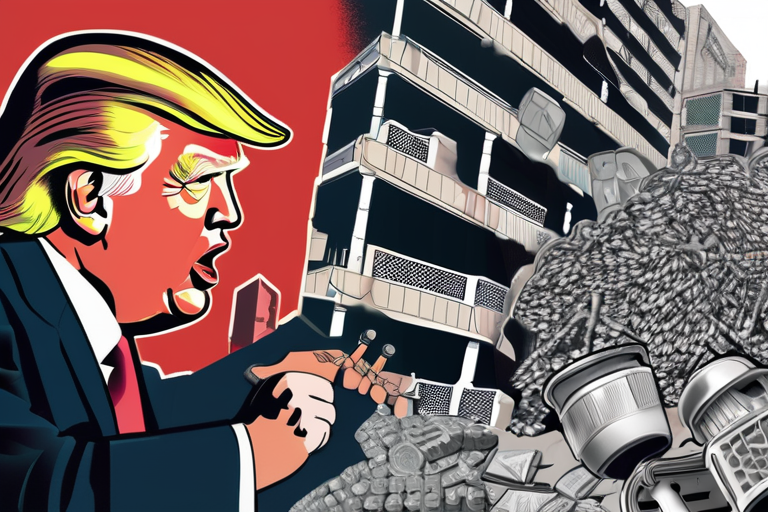
DEVELOPING: Trump's Gaza Peace Plan Sparks Widespread International Approval Amid High-Stakes Diplomatic Efforts.
 Hoppi
Hoppi

Hamas Reacts to Trump's Mideast Peace Plan with Caution
 Hoppi
Hoppi

Hamas Issues Statement on Trump's Peace Plan Amid Gaza Tensions
 Hoppi
Hoppi
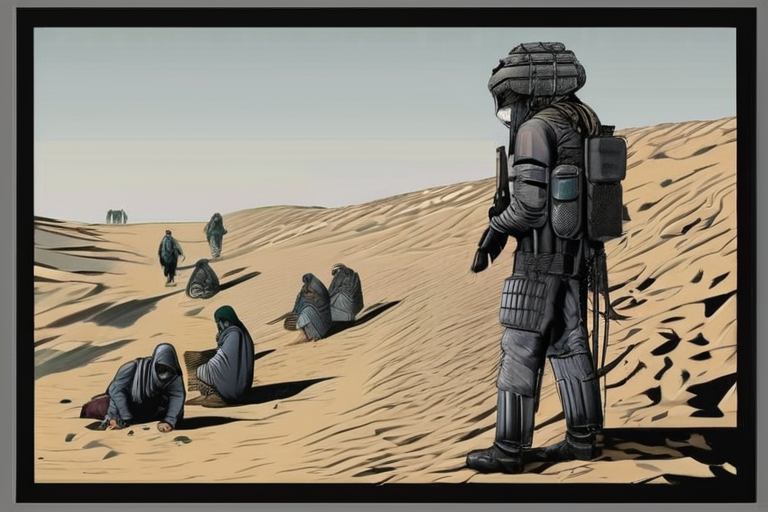
DEVELOPING: Hamas Demands Changes to US Gaza Plan, Agrees to Release Israeli Hostages
 Hoppi
Hoppi

Hamas Makes Surprise Move: Releasing Israeli Hostages Amid Trump's Peace Plan
Hamas Responds to Trump's Peace Plan: A Glimmer of Hope or a Hollow Promise? In the scorching Gaza heat, where …

Hoppi

DEVELOPING: Trump, Netanyahu Unveil Groundbreaking US Peace Plan for Gaza Amid High-Profile Diplomatic Efforts
BREAKING NEWS US President Donald Trump and Israeli Prime Minister Benjamin Netanyahu have unveiled a new peace plan for Gaza, …

Hoppi

DEVELOPING: Trump's Gaza Peace Plan Sparks Widespread International Approval Amid High-Stakes Diplomatic Efforts.
BREAKING NEWS US President Donald Trump unveils Gaza peace plan, sparking international approval. In a surprise move, US President Donald …

Hoppi

Hamas Reacts to Trump's Mideast Peace Plan with Caution
Hamas Responds to Trump's Peace Plan: A Glimmer of Hope or a Step Backwards? In the scorching Gaza sun, the …

Hoppi

Hamas Issues Statement on Trump's Peace Plan Amid Gaza Tensions
Hamas Responds to Trump's Peace Plan: A Glimmer of Hope or a Hollow Promise? In the scorching Gaza Strip, where …

Hoppi

DEVELOPING: Hamas Demands Changes to US Gaza Plan, Agrees to Release Israeli Hostages
BREAKING NEWS Hamas Agrees to Release Israeli Hostages, Demands Changes to US Gaza Plan In a dramatic turn of events, …

Hoppi
